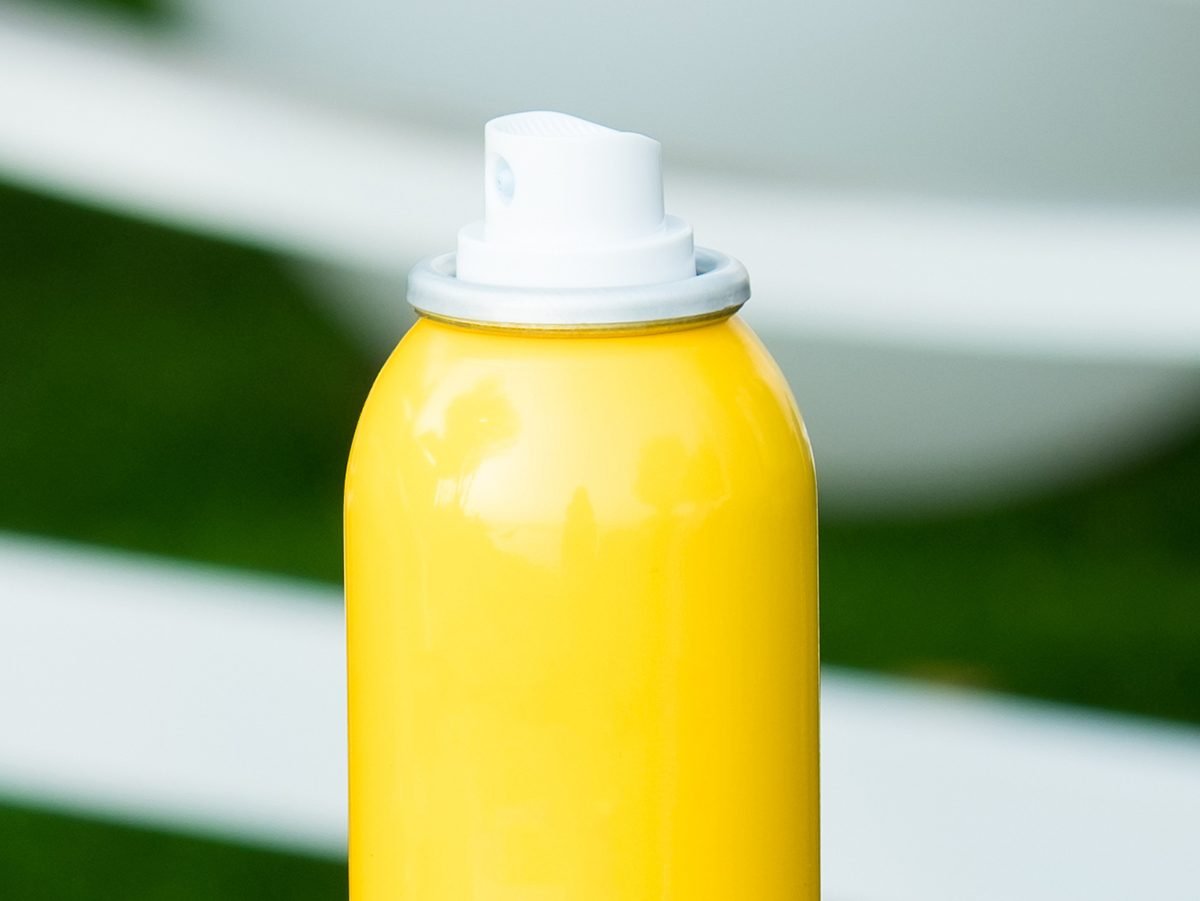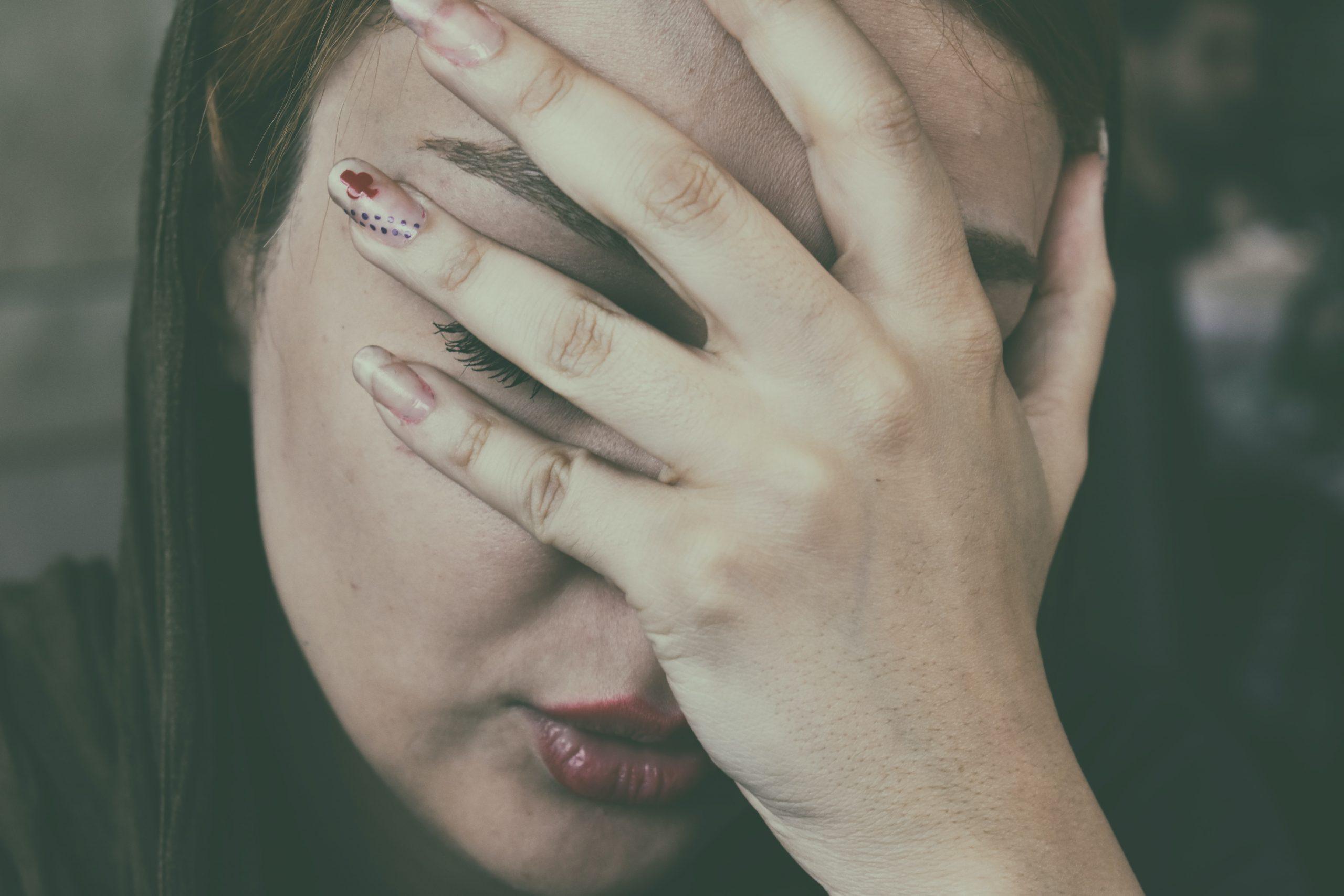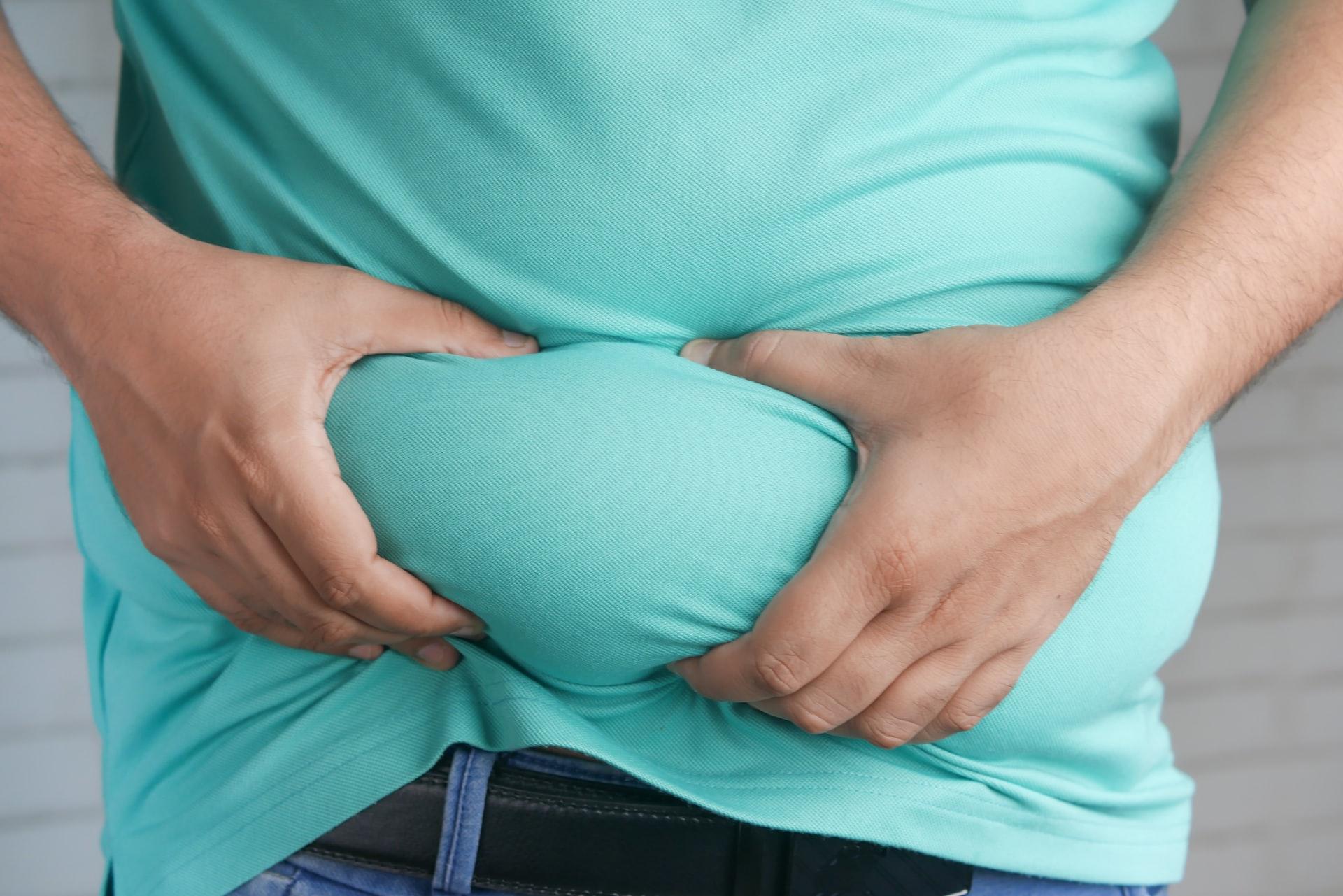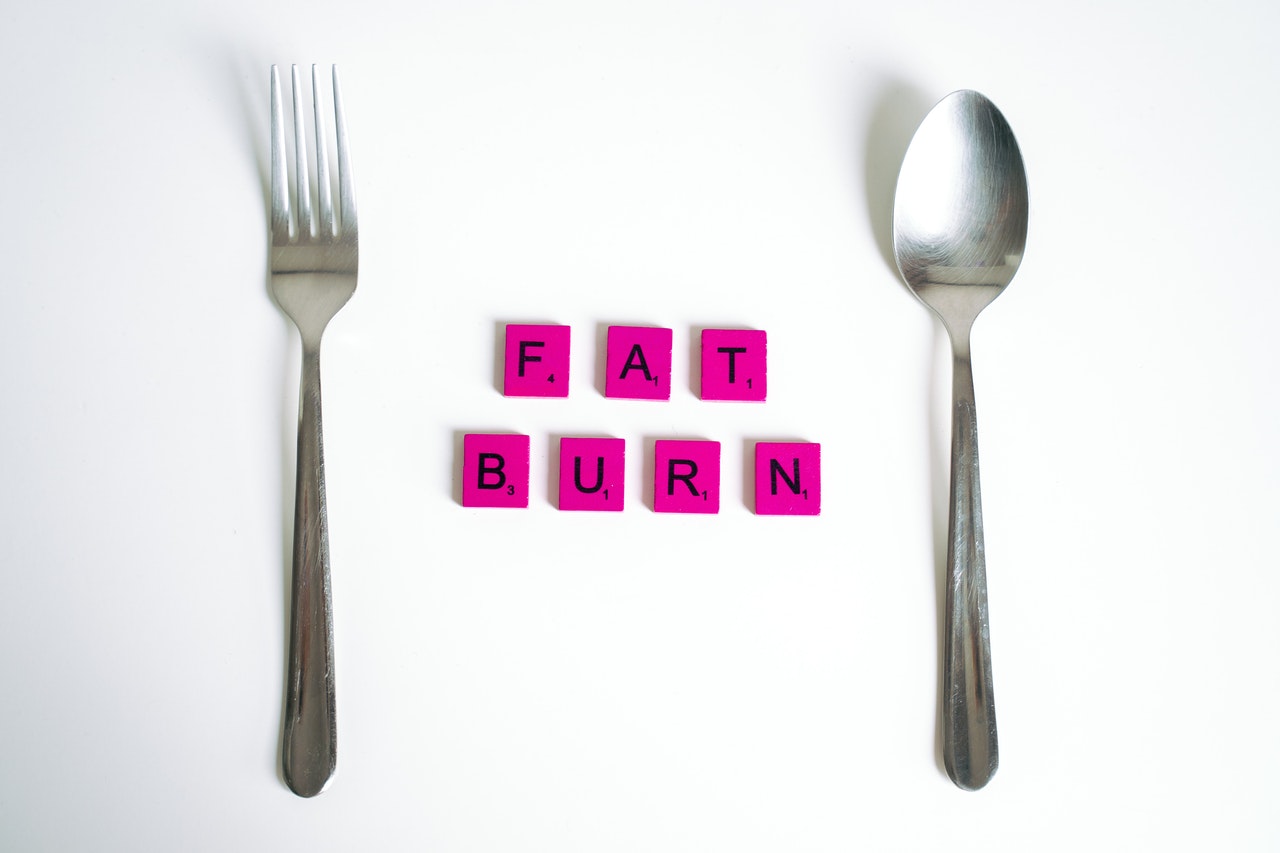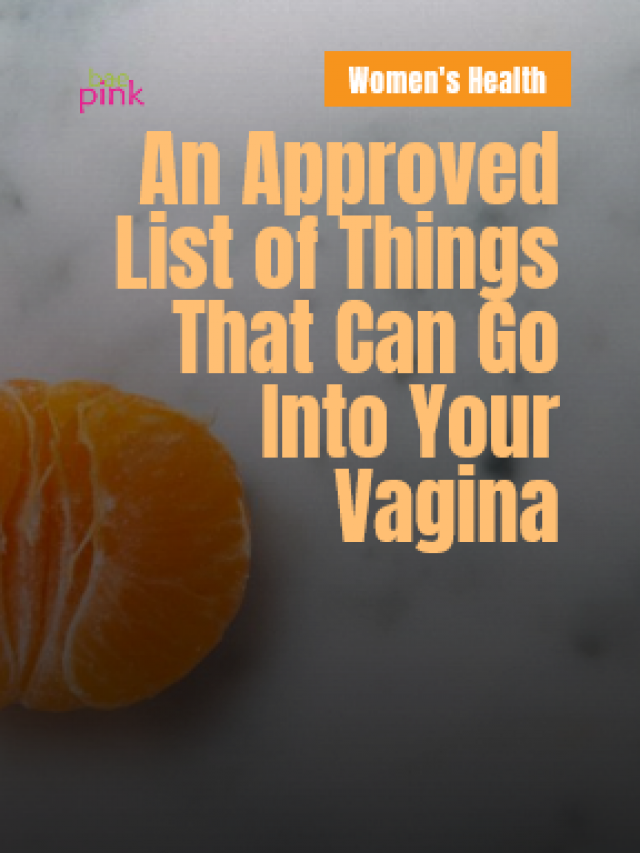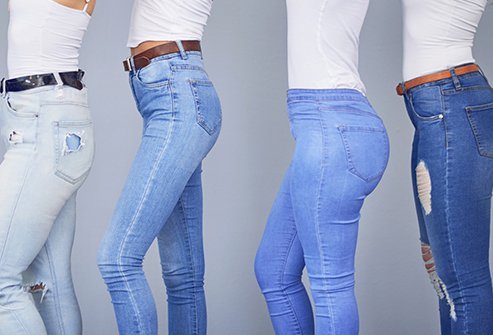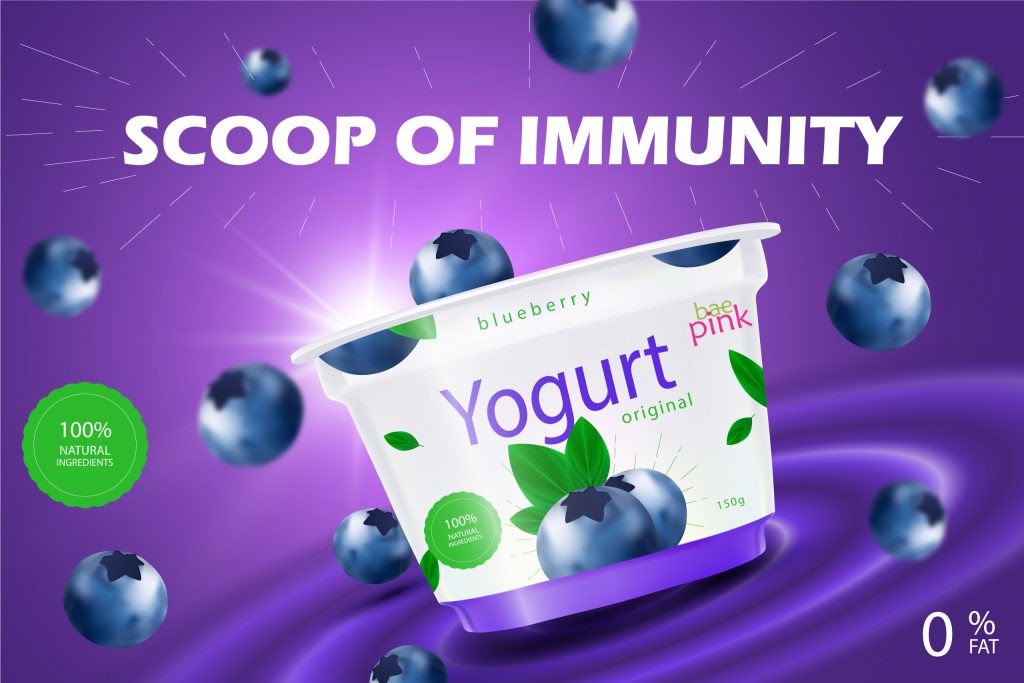People with vaginas have attempted to smuggle or hide loaded pistols, Rolex watches, marijuana pipes, crack, lighters, money, cellphones, cigarettes, makeup, fireworks (yes, really), alcohol, and a host of other drugs and stolen items in their vag. Of course, few people would actually consider inserting things like loaded guns and fireworks inside their vaginas. But sometimes, in an attempt to make things more interesting in the bedroom, some do make questionable decisions about what actually goes in there.
Sure, your vagina can stretch and accommodate quite a few things, but being able to do it doesn’t mean you should. Putting the wrong thing in can result in a host of health issues, from major injuries and tears in your vaginal canal to infections and irritation… not to speak of the embarrassment at your OB-GYN’s office.
Turns out, the list of approved things to put in your vagina is short and easy to remember.
A penis
Penises are totally allowed to enter mouths, vaginas, and buttholes. But remember to put a condom on it to avoid STIs and unwanted pregnancies. A note: Flavored condoms should only be used for oral sex, as the flavor chemicals can irritate your vaginal lining.
Fingers
Fingers (attached to hands, of course!) also feel pretty good. As long as the person’s nails are trimmed short with sharp corners filed away and kept clean, digits are a good time. You can improve your safer sex practices by wearing latex gloves (easily purchased in drugstores) and adding lube.
Lubricants
Speaking of lube, there are still lots of myths about lubricants. Oil-based lubes are actually OK, according to Lilly (who goes only by her first time), a sex toy expert and blogger at Dangerous Lilly.
“Synthetic oil-based lubes have been proven to cause vaginal infections in some, but there is much less chance for an interaction when a natural oil is used,” she tells SheKnows. “They shouldn’t be used by anyone relying on latex or polyisoprene condoms for STI and pregnancy protection, though.”
She adds that silicone-based lubricants are actually safe to use and that contrary to popular belief, “many water-based lubes are incompatible with vaginal pH or have irritating ingredients that make some folks more susceptible to vaginal infections and can increase STI transmission.”
Sex toys
According to recent statistics, the global adult sex toy market is poised to reach $29 billion by 2020. That’s a lot of sex toys… although not all of them are safe.
Sex toy materials are a complex and wide-ranging topic, but in short, the safest materials are the ones that are considered chemically stable and don’t harbor bacteria and fungi in the pores, Lilly says. This includes silicone, body-safe metal alloys like titanium, aluminum blends, stainless steel, glass, and properly sealed ceramic and wood. She has a full guide to sex toy materials and cleaning, too.
There are actually no regulations for sex toy materials, so be wary of claims of “FDA-approved” toys, Lilly notes. Shopping at reputable stores and reading reviews from trustworthy bloggers will help you make good sex toy choices.
Our personal recommendation: anything from celebrity-loved brand LELO, which is known for beautiful and powerful sexual instruments. Their rabbit vibrator (with 12 vibration settings!) targets both your G-spot and clitoris, has an ergonomic design, and is made of safe and soft silicone.
Food & select other objects
According to Dr. Hilda Hutcherson, board-certified OB-GYN and gynecology professor at Columbia University, your main concern when considering items other than penises, fingers, and sex toys are using objects with a smooth, nonporous surface, no sharp edges, no irritants, and nothing that would degrade a condom.
“You want to make sure that whatever you put in, you can completely take out,” she tells SheKnows. “That’s why most food is a problem: It’s difficult to remove it. Peeled bananas, for example.” Other foods to avoid include spicy foods like chili peppers and spreadable like peanut butter.
If you are into temperature play (using hot or cold objects as part of the sexual experience), avoid putting ice directly into your vagina, as it can stick to your delicate skin. Instead, cover it with a condom to create a barrier. Very hot surfaces can also cause damage because “the [vaginal] lining is very delicate and can easily be burned,” Hutcherson adds.
The safest way to play with your food is to put a condom on it. That way, you avoid risks attached to bacteria, irritation, or pH imbalances. As long as the item is big enough to be removed and not easily breakable (like a large cucumber or squash), you should be fine.
A version of this article was originally published in June 2019.




